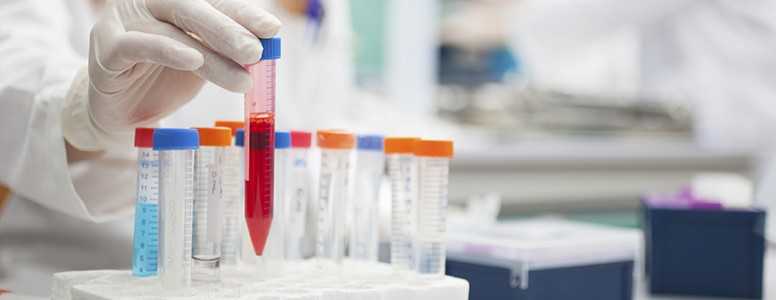Insulin manufacturer Eli Lilly is funding a project which aims to restore insulin production in people with type 1 diabetes without triggering an immune reaction, it has been announced.
The process of islet cell encapsulation enables hundreds of thousands of insulin-producing islet cells to be administered in patients, but normally strong immunosuppressive drugs are required as well.
This new venture aims to develop encapsulated islet cell therapies for the treatment of type 1 diabetes but without the need to suppress the immune system.
Eli Lilly is putting almost $500m (£357m) into US biotech firm Sigilon Therapeutics to support the development of this new technology.
The partnership will see Sigilon Therapeutics develop products involving induced pluripotent stem cells, known as master cells, which will then be engineered into pancreatic beta cells and encapsulated using the company’s Afibromer technology.
“The goal of these products will be to restore insulin production over sustained periods, without triggering an immune reaction,” said both companies.
Should the approach prove successful, it could be significant for improving islet cell transplantation in people with type 1 diabetes as they would not require immunosuppressive drugs, which carry risks.
Senior vice president for clinical and product development and incoming president of Lilly Research Labs Daniel Skovronsky said: “We are excited to be collaborating with, and investing i, Sigilon as they seek to develop encapsulated cell therapies, a potentially disruptive technology that could result in meaningful clinical advancements for chronic diseases such as type 1 diabetes.”
Paul Wotto, Ph.D., chief executive officer of Sigilon Therapeutics, added: “This holds the promise for the creation of state-of-the-art allogeneic cell factories to be transplanted into patients, without the need for immune suppression.
“Our cell engineering and delivery system-based platform may allow us to program and control dynamic protein delivery for the long-term treatment of debilitating diseases.”
What's new on the forum? ⭐️
Get our free newsletters
Stay up to date with the latest news, research and breakthroughs.







